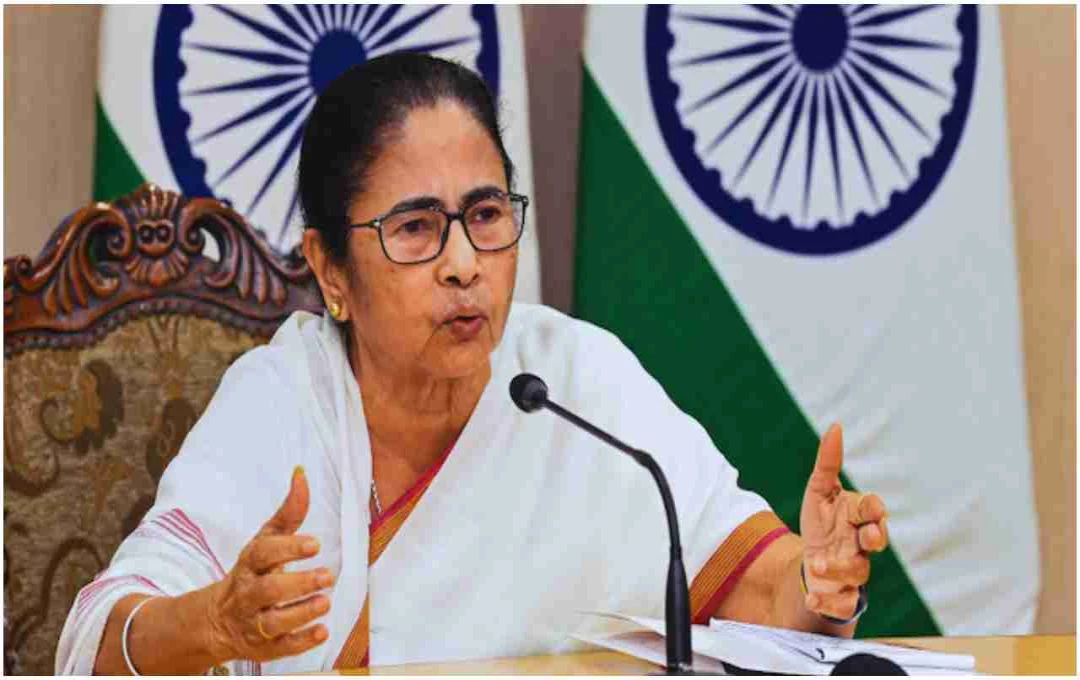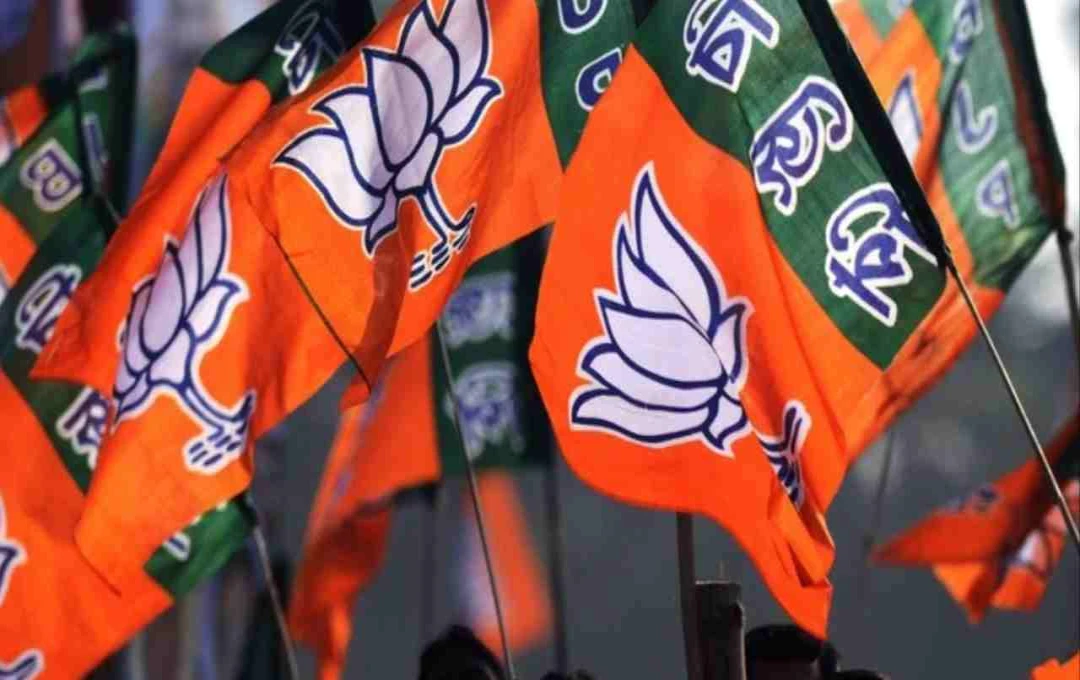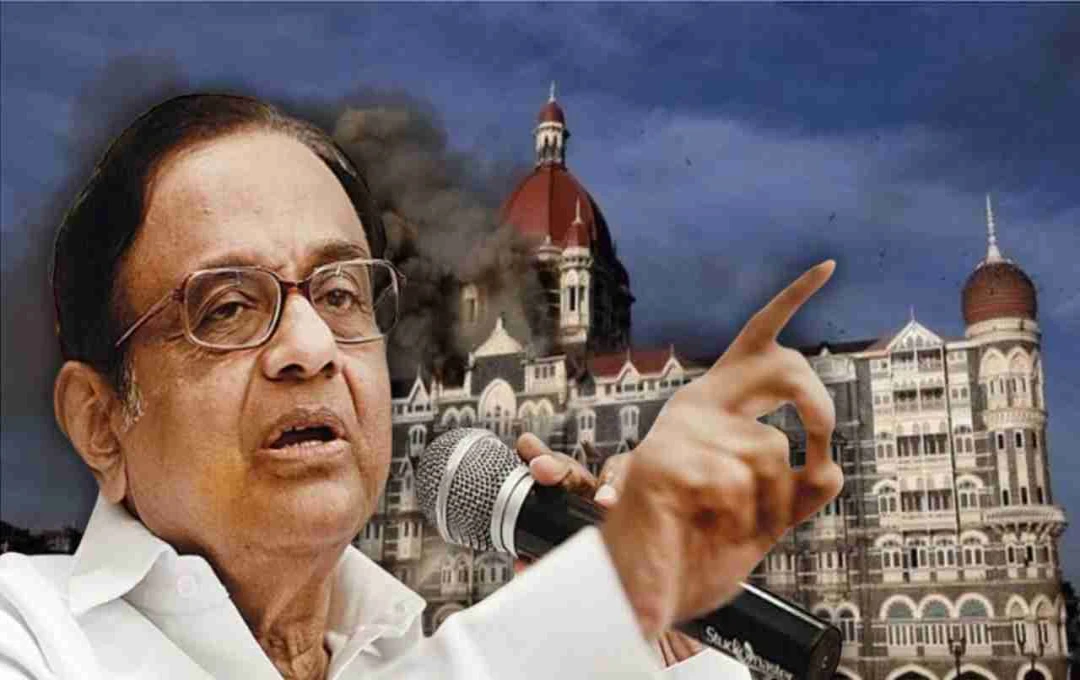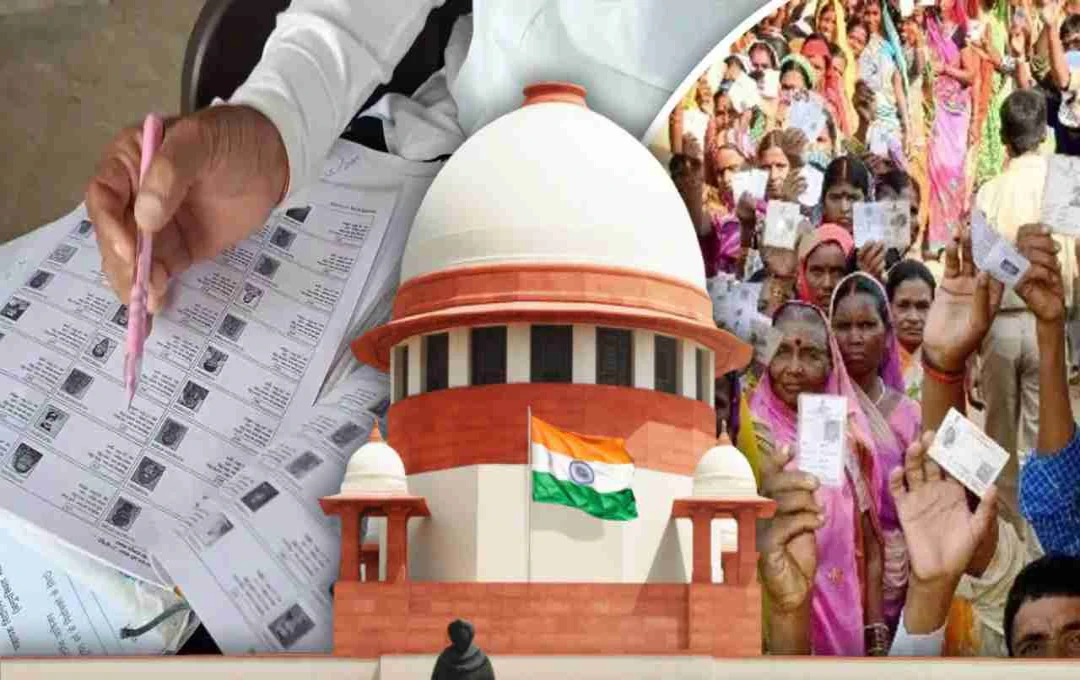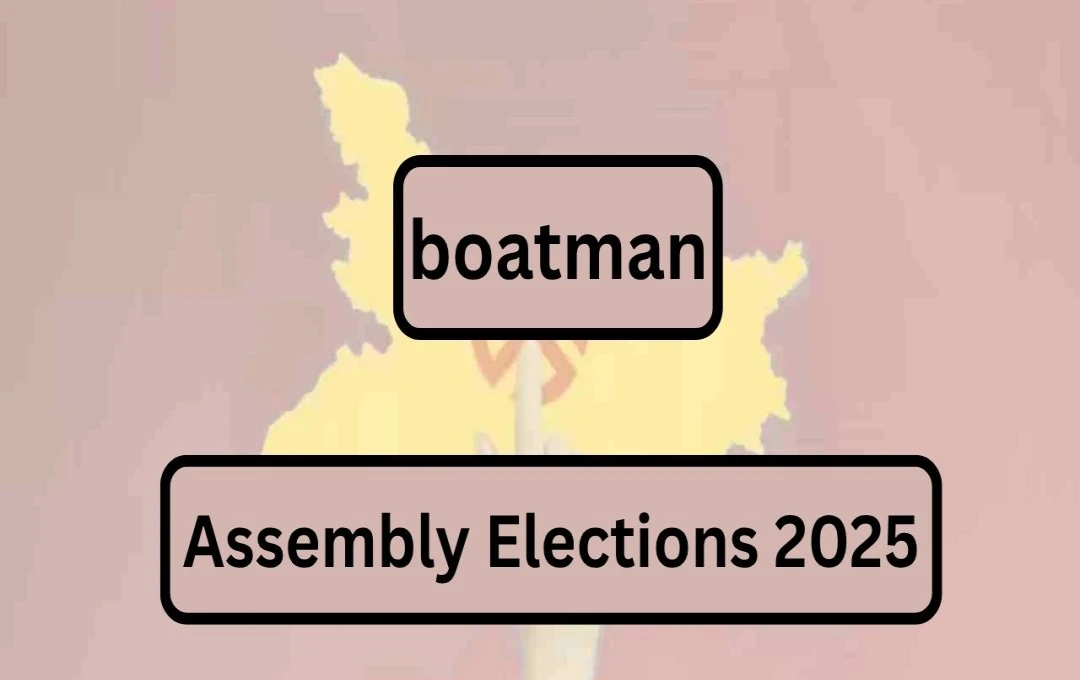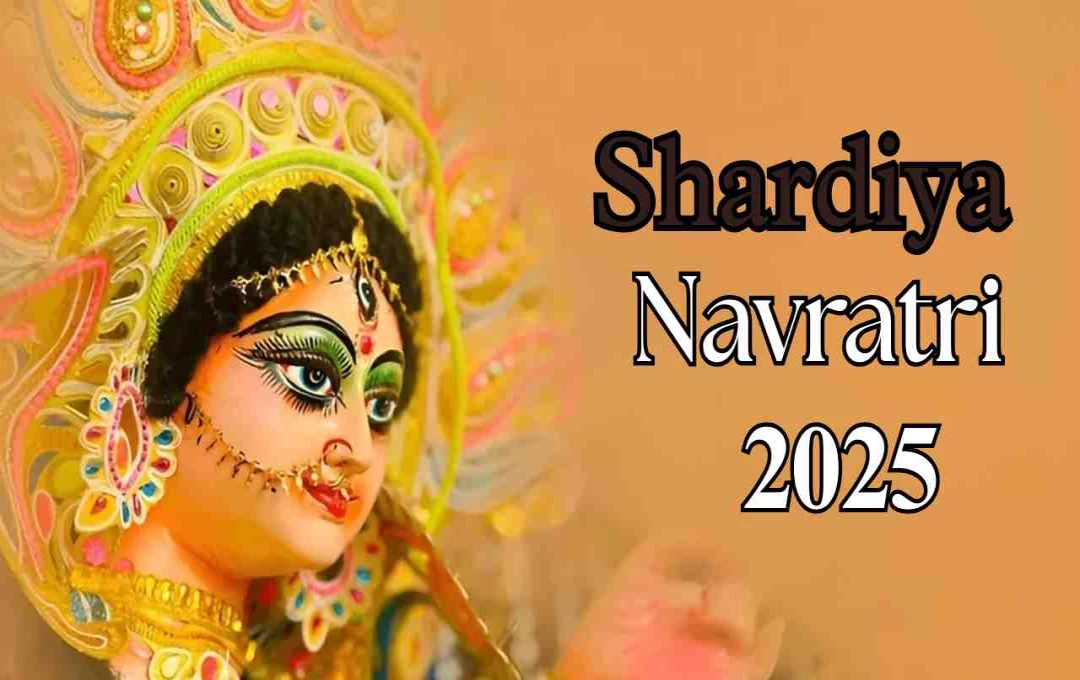A letter from Delhi Police referring to Bengali as 'Bangladeshi' has sparked outrage from Mamata Banerjee, who called it an insult to the Constitution. The BJP termed Mamata's statement inflammatory and demanded the imposition of the NSA. The controversy has fueled linguistic and political debate.
Mamta Banerjee: A controversy originating in the nation's capital, Delhi, has simultaneously brought linguistic identity, constitutional dignity, and political accusations into focus. West Bengal Chief Minister Mamata Banerjee erupted in anger over an alleged letter from the Delhi Police referring to the Bengali language as 'Bangladeshi,' denouncing it as not only unconstitutional but also anti-national. The BJP retaliated, calling the statement "inflammatory" and demanding action against Mamata under the National Security Act (NSA).
Controversy Arises from Delhi Police Letter
The controversy began when a letter from the Delhi Police became public, allegedly mentioning 'Bangladeshi language.' Mamata Banerjee reacted sharply, considering it a direct insult to the Bengali language. Sharing the Delhi Police letter on X (formerly Twitter), she wrote, "How shameful that a rich language like Bengali has been insulted by calling it Bangladeshi."
Mamata's Anger: Attack on Language, Assault on Constitution
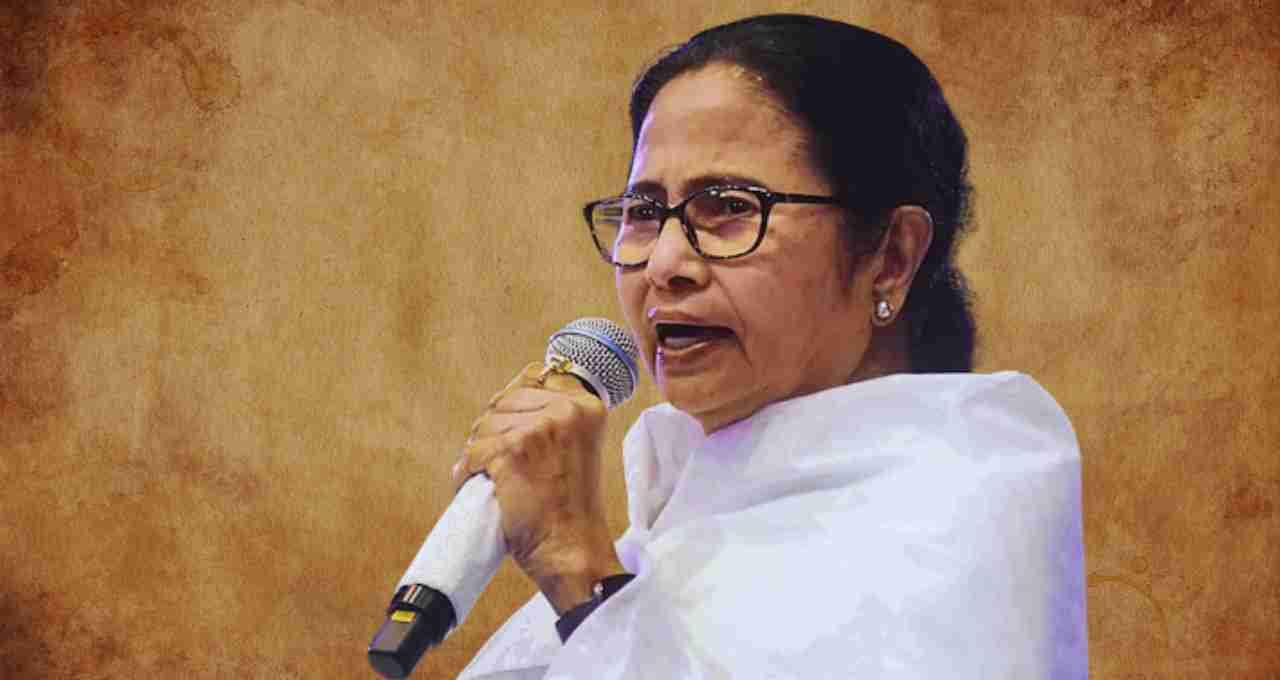
Chief Minister Mamata Banerjee issued a statement saying, "Bengali is our mother tongue. It is the language of Rabindranath Tagore, Netaji Subhas Chandra Bose, and Swami Vivekananda. Our national anthem ‘Jana Gana Mana’ and national song ‘Vande Mataram’ are rooted in this language. Calling it ‘Bangladeshi’ is not only an insult to the Constitution but also an attack on the unity of the country." She further questioned whether the police would now decide on the purity of languages in India. Is this not an insult to the languages recognized in the Constitution?
BJP Retaliation: Mamata's Statement Inflammatory
Bharatiya Janata Party IT cell chief Amit Malviya termed Mamata Banerjee's statement 'irresponsible and dangerous,' saying her sole objective is to destabilize the political environment. He clarified that the Delhi Police never referred to the Bengali language as Bangladeshi; rather, the reference was solely related to the identification of illegal infiltrators. Malviya said, "The Delhi Police has mentioned specific dialects used in some areas, such as Sylheti, which is spoken in Bangladesh and is different from Indian Bengali. This is a strategic detail, not a linguistic commentary."
Demand for Imposition of NSA
Taking a step further, Amit Malviya demanded action against Mamata Banerjee under the National Security Act (NSA). He argues that the Chief Minister's statement could incite linguistic and social tension, which is a threat to the country's internal security.
CPI(M) Also Expressed Displeasure
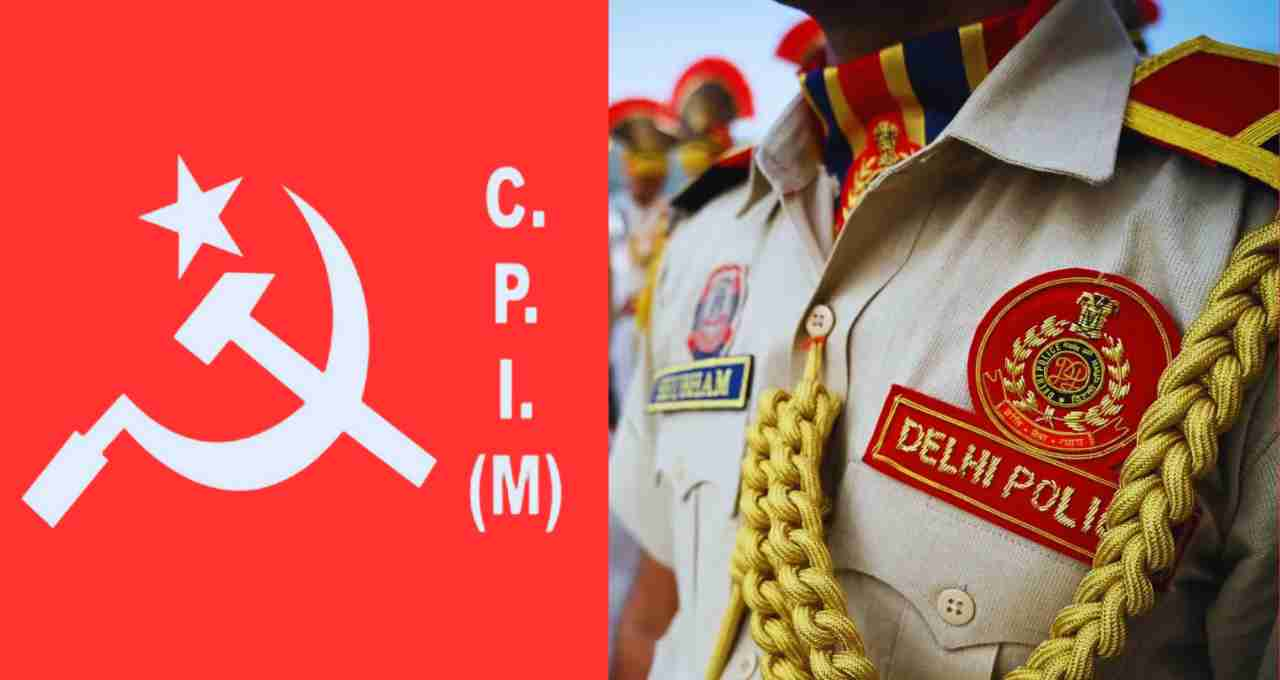
Congress and the Left were also not far behind on this issue. Senior CPI(M) leader Mohammad Salim questioned the Delhi Police's understanding of language. He tweeted, "Does the Delhi Police not have knowledge of the Eighth Schedule of the Constitution? The Bengali language is recognized in it. There is no such word as 'Bangladeshi language' in our constitutional framework." Salim even called the Delhi Police an ‘uneducated administrative system’ and demanded strict disciplinary action against the officers responsible for this letter.
Political Earthquake or Administrative Error?
This dispute has become serious on many levels. On the one hand, Mamata Banerjee is calling it a matter of Bengali identity, while on the other hand, the BJP is calling it an ‘interpretation of the security system.’ In such a situation, the question arises whether this is merely an error in administrative words or whether there is a political agenda working behind it? Experts believe that linguistic identity is a very sensitive issue in a multilingual country like India. It is necessary to exercise caution on this, especially when it comes to a constitutional language.
